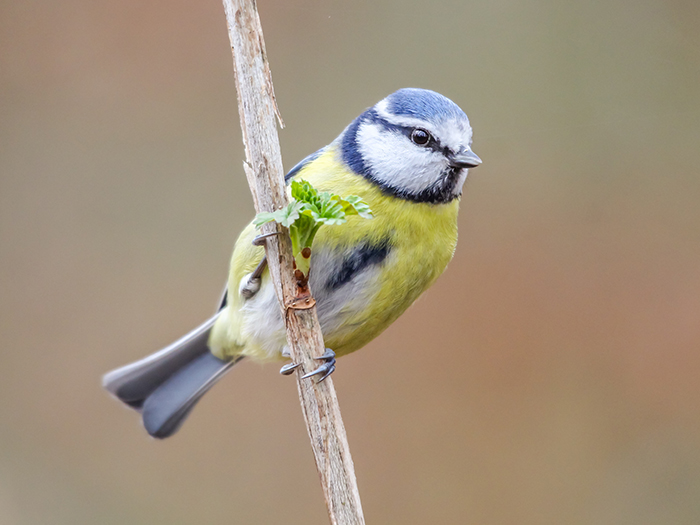Opinion: Are Finopril and Imidacloprid the Next Glyphosate?

Research conducted by the University of Sussex in the United Kingdom and released in January points to a disturbing reality. Chemicals used in flea and tick treatments have been linked to the premature deaths and destruction of eggs and hatchlings in wild bird nests.
Finopril and Imidacloprid, just two of the culprits in this avian tragedy, are common chemicals in flea and tick treatments for domestic cats and dogs. The chemicals are banned in agriculture in many countries due to their toxicity, but remain in use in pet treatments.
Well-meaning pet owners, or those that may be giving nature no thought at all, will commonly place tufts of hair and fur, gleaned from grooming their pets, outside where opportunistic birds will pick up the fur and use it to line their nests. Unwittingly, the birds picking up this tainted pet fur are poisoning their own offspring.
Of the 103 birds’ nests studied by University of Sussex researchers, 100% of them contained residue of finopril. A vast majority of them contained additional flea and tick treatment chemicals.
One need only take in the litigation that has followed the use of glyphosate as an herbicide to draw some sobering comparisons. Thousands of lawsuits allege that Roundup, a product containing glyphosate originally sold by Monsanto and now owned by Bayer, caused cancer in landscapers and other users. Jury verdicts have ranged from the millions to the billions of dollars.
Those court cases will go on indefinitely as these verdicts are appealed.
Lawsuits around glyphosate, though, are alleging harm to humans, not wildlife, one might argue. That’s true if you want to ignore the devastating effects the widespread and thoughtless use of herbicides and pesticides have on the environment generally.
A warming planet, destruction of rain forests and a host of other ecological threats are driving what some scientists feel may be a sixth mass extinction. Species after species is being eradicated by the effects of industrialization and a dearth of sustainable business practices.
Lawsuits against fossil fuels producers and distributors, alleging that their products contribute to global warming, are already on the books.
There is much yet to learn about the damage pet treatments are doing to wildlife. But the work done by the University of Sussex suggests that there is a solid link between the use of insecticides in pet treatments and the devastation being done to numerous avian species.
In recent years, private equity has poured hundreds of millions into the purchase of veterinary practices and other pet services. The investors are banking on the trend that more and more people consider pets to be part of their family. This questionable mindset is referred to as humanization.
One wonders whether future litigation on the part of environmental groups and other stakeholders in connection with bird killing insecticides may limit some of those pet profit hopes. &










